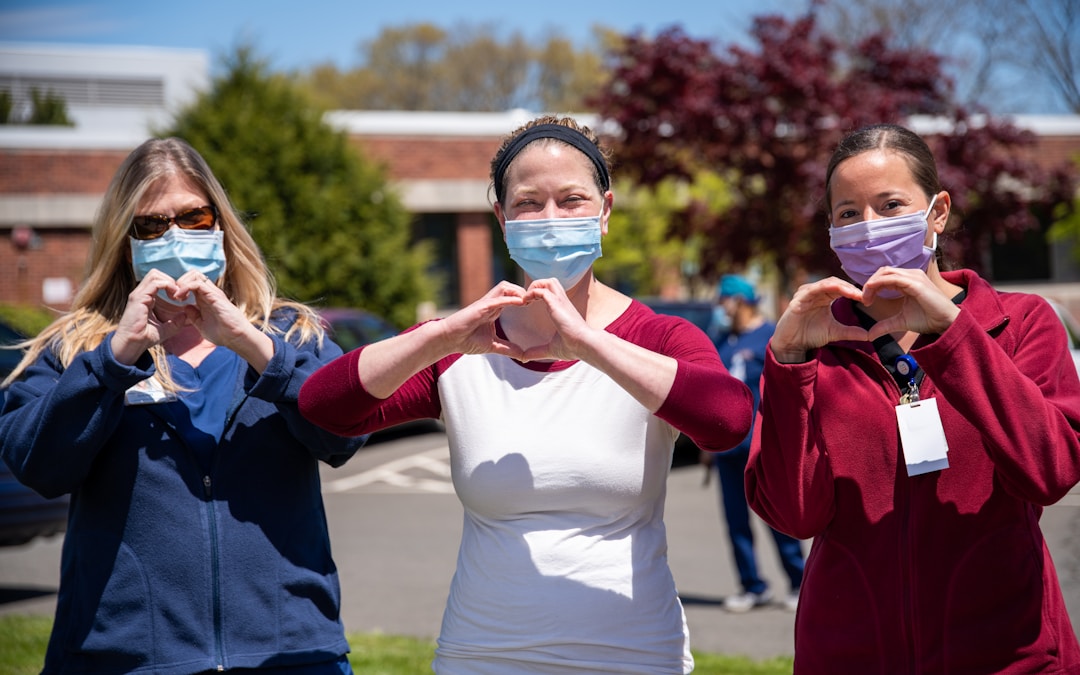Exploring the Roles and Responsibilities of a Therapist
Respiratory therapy is a specialized healthcare profession that deals with the assessment and treatment of patients with cardiopulmonary disorders. It’s a critical field that helps to manage a wide range of health conditions, from acute breathing problems to chronic respiratory diseases. Those in this profession are known as respiratory therapists, and they make a huge difference in the lives of millions of people. These healthcare professionals work closely with doctors and other healthcare workers to provide care to patients of all ages, from newborns to the elderly. There is much to learn about this fascinating field, from the nature of the work itself to the profound impact it can have on patients’ lives. Keep reading to delve into the world of respiratory therapy.

On a typical day, a respiratory therapist might be seen educating patients about their conditions, carrying out diagnostic tests, providing appropriate treatments, and monitoring patient progress. They work with a wide array of medical equipment and devices, from ventilators and oxygen suppliers to diagnostic tools. They need to have deep knowledge of respiratory care, as they often need to respond promptly and efficiently to emergency situations, making life-saving decisions.
To become an RT, you will need to get the right education. This involves looking into RT schools so you can obtain your bachelor’s degree. This degree provides a more comprehensive education in respiratory therapy and enhances your skills and knowledge in areas such as patient assessment, diagnostic testing, therapeutic interventions, and critical care management. By pursuing a bachelor’s degree in respiratory therapy, you’ll gain a deeper understanding of the respiratory system and its disorders, as well as develop the necessary clinical skills to work effectively in this field.
One of the most significant aspects of respiratory therapists’ work is their direct contact with patients. They need to have excellent communication skills and a compassionate approach, as they are often dealing with patients in distress. While the work can be demanding both physically and emotionally, it is also highly rewarding, knowing they are making a real difference in patients’ lives.
Understanding Common Conditions Managed in Respiratory Therapy
There’s a wide range of conditions that fall under the purview of respiratory therapy. These typically include chronic conditions like asthma and COPD (chronic obstructive pulmonary disease), as well as acute conditions like pneumonia or respiratory distress caused by trauma or surgical procedures. They also deal with emergencies where patients’ breathing has been compromised, such as in cases of drowning, drug overdose, or severe allergic reactions.
Furthermore, respiratory therapists play a vital role in the care of newborns with breathing difficulties. They help premature babies whose lungs have not fully developed or full-term babies with respiratory disorders. Their expertise also extends to the elderly population, where conditions like chronic bronchitis and emphysema are common. They also work with patients who have been diagnosed with lung cancer, providing compassionate care and management during their treatment journey.
The Importance of Respiratory Therapy

The rise in respiratory diseases like COPD, asthma, lung cancer, and respiratory infections increases the demand for respiratory therapies. These conditions represent some of the most serious health problems worldwide, leading to high mortality and morbidity rates. Respiratory therapists play a crucial role in managing, treating, and preventing such conditions, directly impacting patients’ health outcomes and quality of life.
Furthermore, respiratory therapists are pivotal in emergency care settings like the ER, ICUs, and during in-flight emergencies. Here, they often work as part of an interprofessional healthcare team, providing care to patients in need. They’re often responsible for managing artificial airways, initiating and managing life support for those in critical care, plus much more. They also engage in preventive healthcare, working on smoking cessation programs, asthma education for kids, and public health advocacy.
As this article shows, respiratory therapy is a vital, complex, and diverse field that offers invaluable assistance to those suffering from cardiopulmonary disorders. As a respiratory therapist, every day presents a new challenge to test your knowledge, develop new skills, and make a tremendous impact on lives. If you follow the advice in this article, then you’ll be well on your way to a thriving career as a respiratory therapist.




